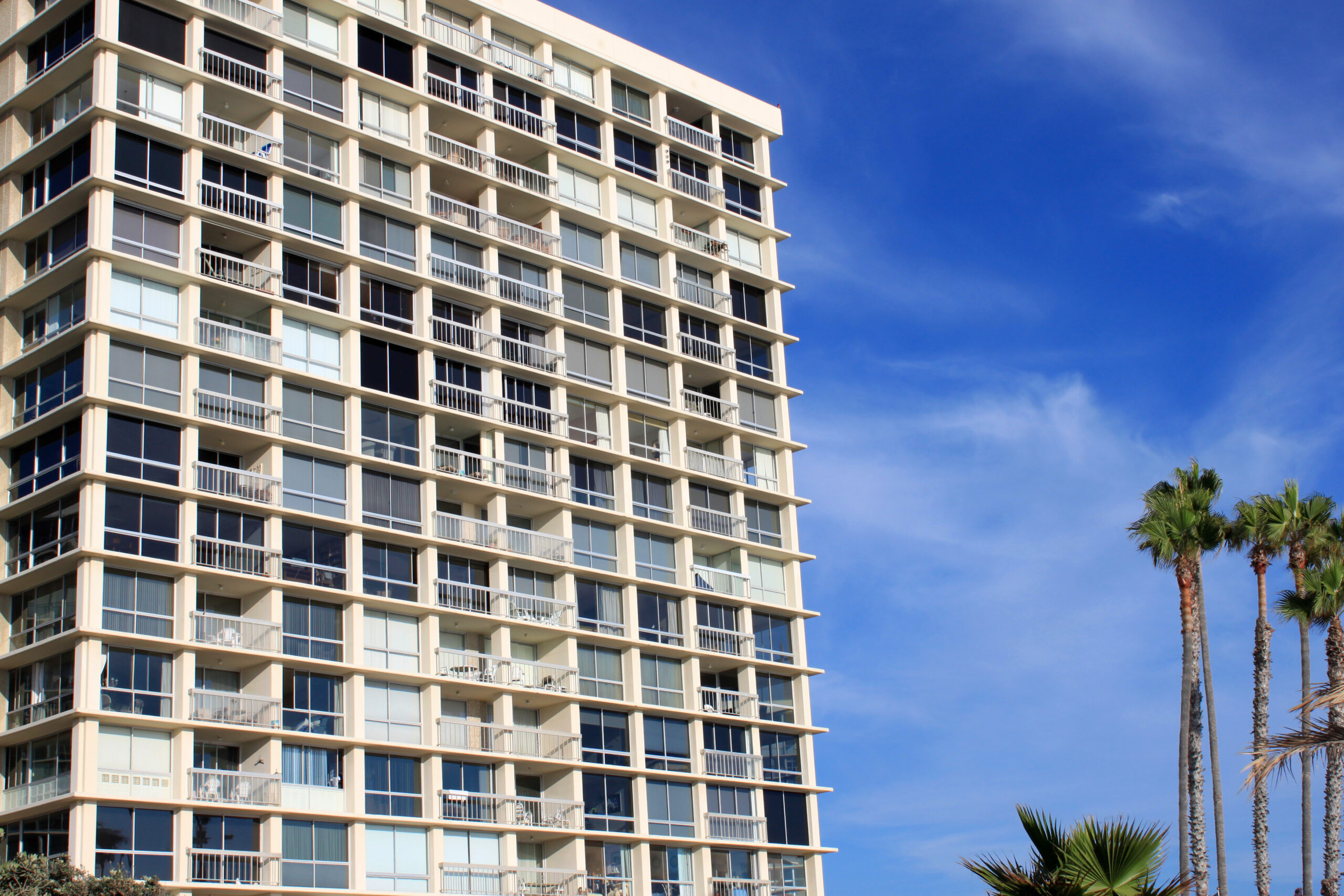There are relatively fewer new state laws affecting condominium homeowners associations (“HOAs”) in 2023 than in recent years. However, one particular bill was passed by the California State legislature that includes important changes condominium owners and HOAs should be aware of. Assembly Bill 1410 made a few significant changes to the Davis-Stirling Common Interest Development Act, which is the primary state law affecting condos and HOAs. These new laws became effective January 1, 2023.
As we have previously reported over the past few years, the state legislature has been making an effort to increase affordable housing in the state. To that end, the ability of HOAs to restrict rentals of condo units has been curtailed. Assembly Bill 3182, passed in 2020, amended Civil Code Section 4740 to limit the power of HOAs to enforce restrictions on a homeowner’s ability to rent his or her unit. AB 3182 also added new Civil Code Section 4741, which provides that HOAs cannot require a minimum rental term of greater than thirty (30) days. Section 4741 also states that HOAs cannot enforce a cap on the number of units that may be rented at greater than 25%. Units that are owner-occupied where only a portion of the unit is rented, or an accessory dwelling unit (ADU) that is part of the unit is rented, do not count towards any such rental cap. The effect of this is to limit restrictions on rental of ADUs and a unit owner’s ability to rent rooms in his or her unit.
AB 1410 furthers the state legislature’s objective of increasing affordable housing by adding a new section 4739 to the Civil Code. Section 4739 provides that an HOA’s governing documents cannot prohibit an owner from renting out a portion of his or her unit so long as the owner occupies the unit and the rental term is for more than 30 days. This has the effect of allowing more short term rentals so long as the rental period is for more than 30 days.
AB 1410 also amends Civil Code Section 4515 to provide that an HOA’s governing documents cannot prohibit a member or resident from exercising free speech by using social media or other online resources to discuss certain matters, even if the content is critical of the HOA or its governance. Such matters include development living, HOA elections, proposed legislation, government elections, and other issues of concern to members and residents of the community. This does not mean an HOA has to provide any social media or other online resources to its members, and an HOA does not have to allow members to post content on the HOA’s website. This new law seems to be fixing a problem that is not widespread, but has become an issue in some HOA communities.
Finally, AB 1410 prohibits an HOA from pursuing any enforcement actions for a violation of its governing documents during a declared state or local emergency if the nature of the emergency makes it unsafe or impossible for the owner to either prevent or fix the violation. The only exception is an enforcement action relating to an owner’s nonpayment of assessments to the HOA. This rule is clearly intended to give homeowners some leeway to comply with an HOA’s governing documents during government imposed emergency declarations.
Authored by Reuben, Junius & Rose, LLP Attorney Jay Drake.
The issues discussed in this update are not intended to be legal advice and no attorney-client relationship is established with the recipient. Readers should consult with legal counsel before relying on any of the information contained herein. Reuben, Junius & Rose, LLP is a full service real estate law firm. We specialize in land use, development and entitlement law. We also provide a wide range of transactional services, including leasing, acquisitions and sales, formation of limited liability companies and other entities, lending/workout assistance, subdivision and condominium work.


